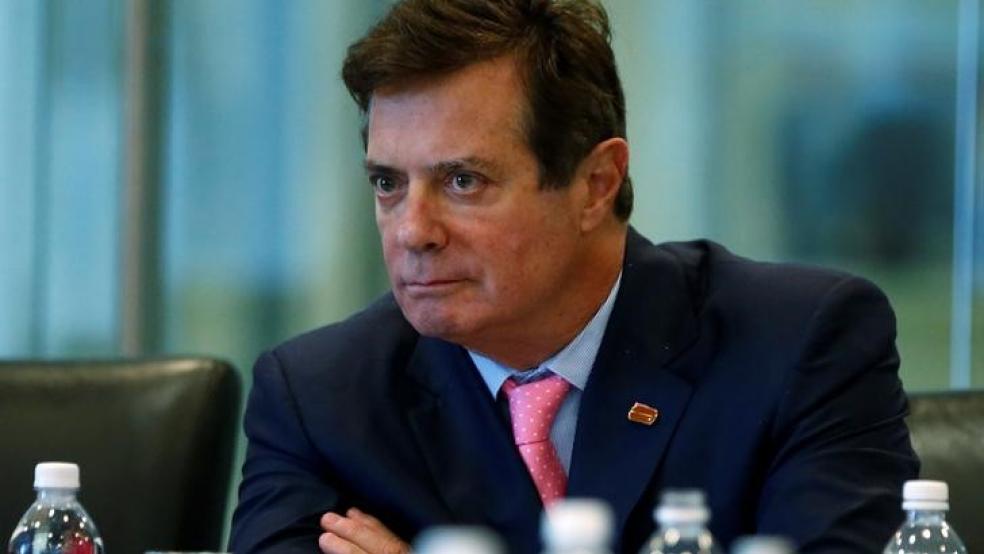The top Republican candidates for the GOP’s presidential nomination indulged in a sort of vicarious group therapy session over the weekend, sending top aides to a meeting in northern Virginia where they discussed the debates organized by the Republican National Committee and hosted by major television networks.
The candidates’ proxies – mainly campaign managers and high-level aides – aired their complaints about the way the first three debates had been conducted and reached a loose agreement on a set of demands they would present to the television networks. The implied threat backing them up was that if the networks failed to meet them some or all of the candidates would not participate in future installments of the debate series, which has so far been both a ratings and advertising windfall for the networks.
Related: 9 Strange Debate Demands from the GOP Candidates
Among the participants in the meeting were representatives of billionaire real estate mogul and former reality television star Donald Trump. The irrepressible Trump is many things: blowhard, opportunist, braggart. The list is long, and you can take your pick. But one thing he absolutely is not is a man who fails to recognize when he is in a position of strength.
The GOP candidates believed that they had the ability to bend the debate hosts to their will because the networks’ shareholders would be furious at the loss of advertising dollars.
Trump, though, with good reason, believes that those ratings and advertising dollars are due mostly to his presence in the field rather than to broad public interest in the Republican primary.
So on Monday, after his top aides met with representatives of the other GOP candidates, after they heard them talk about the things that concern them the most about the way debates are organized, after they released an open letter explaining their concerns, Trump’s campaign responded by cutting the rest of the field off at the knees.
Related: Rubio Surges in New Hampshire After Drubbing Bush in Last Debate
Trump would not sign the joint letter, the campaign said. His campaign would instead negotiate directly with the television networks. And they would do so with intimate knowledge of the issues that his candidates had raised in the meeting over the weekend.
Trump’s announcement, of course, generated plenty of scornful commentary on social media, including speculation that he would require moderators to address him as “Your Excellency” and would take the stage riding in a chariot.
In the world of hardball politics, though, Trump’s move was nothing if not astute. If he’s right that the networks are raking in the advertising dollars because he’s part of the race – a fair assumption given the amount of media attention he garners – he’d have to be nuts to allow the other candidates to piggyback on his star power while negotiating debate rules.
The bonus for Trump is that not only does he get to deal directly with the networks to try to influence debate terms, he now gets to do so with knowledge of his opponents’ preferences.
It remains an open question whether the networks will demonstrate enough backbone and journalistic integrity to prevent candidates from public office being able to dictate the terms of public debates. But what is clear is that no matter how united the GOP field might appear when it comes to facing off with the television networks, in the end it is each candidate for himself.





